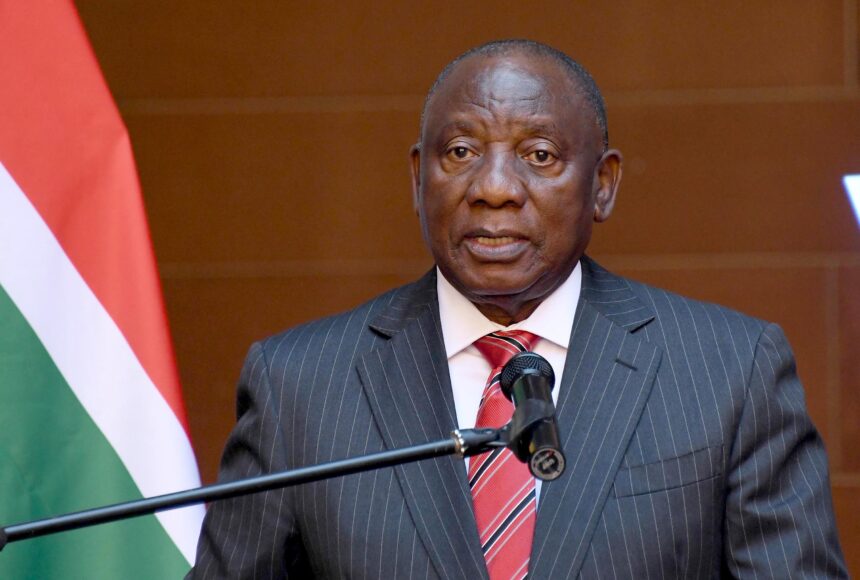President Cyril Ramaphosa has ordered the formation of a judicial commission to investigate whether efforts were made to block or delay the prosecution of crimes committed during South Africa’s apartheid era. The announcement was made by the presidency on Wednesday, following legal pressure from families of victims who accuse post-apartheid governments of failing to pursue justice.
The decision stems from a court case filed in January by 25 families of those killed or disappeared during the apartheid years. The group has accused successive administrations of neglecting hundreds of cases submitted by the Truth and Reconciliation Commission (TRC), many of which have remained untouched for decades.
According to the presidency, the new commission will examine claims that previous officials interfered with or obstructed legal processes related to apartheid-era atrocities. The goal is to uncover the full extent of any suppression and bring closure to lingering questions.
While South Africa’s TRC, established after the end of white minority rule in 1994, was tasked with exposing human rights abuses and recommending prosecutions, critics say justice was often deferred or denied. The current case not only demands accountability but also seeks 167 million rand (approximately $9 million) in compensation from the state.
However, the presidency confirmed that it would seek a pause on the damages claim while the commission conducts its work. A timeline for the inquiry has not been disclosed.
The Foundation for Human Rights, which supports the families’ legal action, welcomed the investigation but criticized the president’s move to stall the damages case. In a statement, the organization argued that Ramaphosa had avoided engaging in mediation and instead shifted constitutional issues to a body without the mandate to resolve them.






